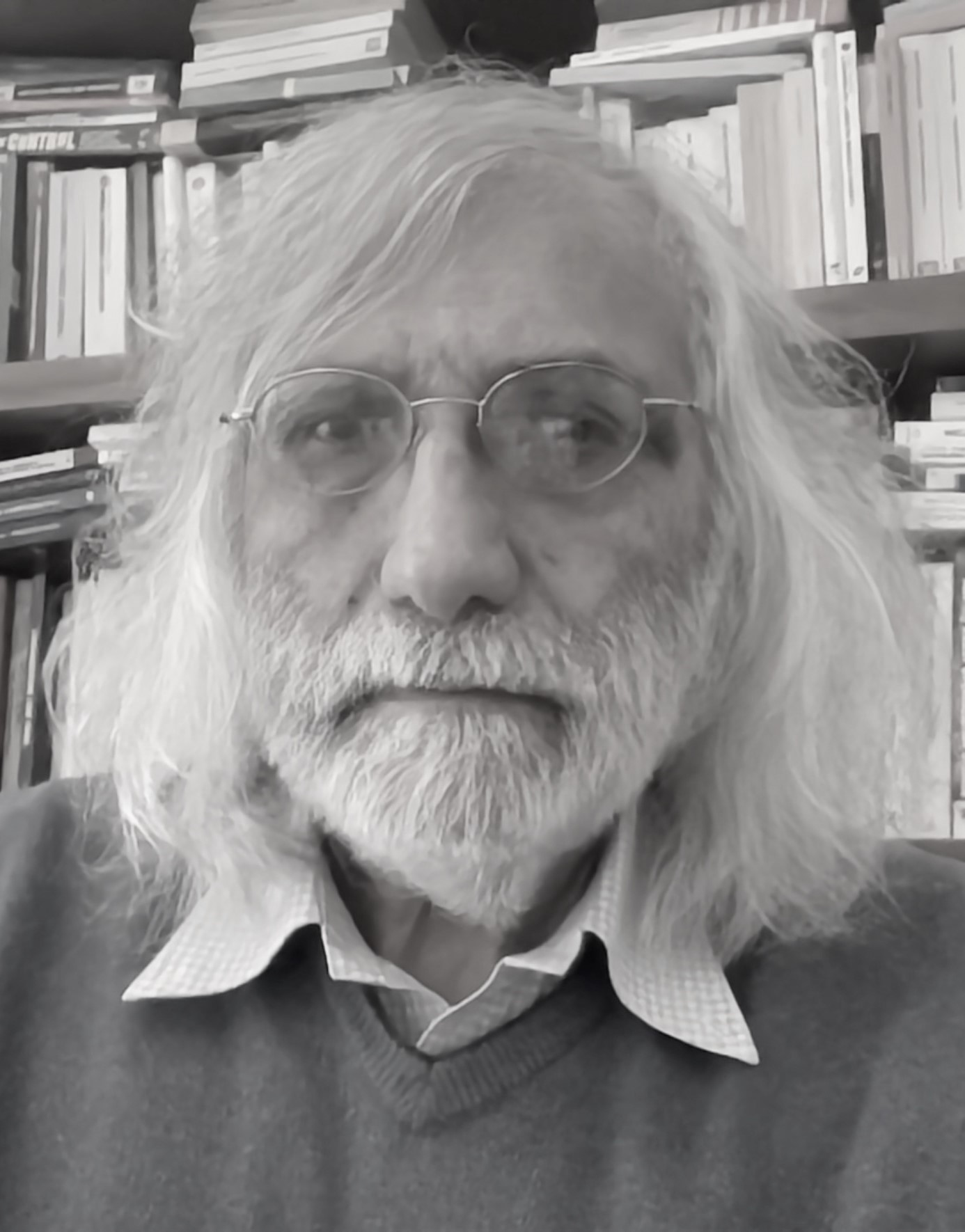Roma, 28 February 2025
Interview with... Raoul Nacamulli
Professor of Business Organization. Former professor at the University of Milan-Bicocca and Bocconi University
[Cleared n°2 - anno XXII - February 2025]

The title of one of his books is “The training ecosystem…”. What does it mean in the daily life of a company?
The concept of ecosystem represents an important idea in the training area that marks a new way of thinking about training in companies. The concept originates in the biological world and indicates the dynamic balance between two components that are in close relation to each other: on the one hand a community of living organisms and on the other the context in which they live. By analogy, it can be said that even in companies, as happens in nature, the challenges concern, on the one hand, changes in the number and profile of company stakeholders and, on the other hand, the evolution of the contexts in which they operate. These ecosystems can be read through three key dimensions: the three Ps of training. First of all, the “P” of People, which underlines that training is pluralistic because it focuses on cross-fertilization between different categories. Then the P of Power which indicates that the development of social resources must be oriented towards innovation. Finally, the P of Place which marks how the ecosystem infrastructures are Phygital to highlight how the interaction between physical and digital gives an extra edge to training. In fact, it is the Phygital environments that allow the development of a type of collective and collaborative intelligence oriented towards the co-construction of both content and meaning.
You studied the ENAV Academy (now Training Center). What is the specificity of training for the role of Air Traffic Controller?
The specific training challenges of air traffic controllers are linked to the fact that their field of action are highly reliable organizations that stand out for their ability to avoid accidents in situations where injuries could be the norm due to the high degree of organizational complexity and the high presence of risk factors. It follows that air traffic controllers, in order to carry out their role effectively, must not only be technically prepared but must also be aware of the high degree of importance that their role and their behavior patterns have in their activity. For these reasons, I believe that technical training is necessary to train air traffic controllers, but to allow them to operate and make the probability of accidents as low as possible, we must focus on the continuous improvement of their individual and social skills. From this perspective, the motto of the training processes of air traffic controllers could be: "learning by simulating", that is, basing training on learning environments that provide participants with a dynamic and highly engaging simulated context capable of offering structured feedback capable of stimulating continuous learning. Furthermore, particular importance must be given to individual and collective reflection processes where, thanks to which, it is possible to reason about alternatives of conduct and possible alternative paths to those achieved during the simulation.
How to balance High-Tech and High-Touch training processes?
It can be said that the world of training is currently divided into two camps: on one side the techno-enthusiasts and on the other the techno-skeptics. The former emphasize the great possibilities offered by Digital Learning Platforms in terms of content offerings, gentle nudging and the possibilities of integration with advanced human capital management suites. In short, the techno-enthusiasts' thesis underlines the fact that today and in the future "it is not the mountain that must go to Mohammed but Mohammed who must go towards the mountain". Metaphorically speaking, people must use proactively and to the fullest what Learning Platforms offer without being pushed by HR management to do training. The techno-skeptics, on the other hand, support the virtues of learning in the field and in protected places such as physical and virtual classrooms. Here it is the mountain that must go towards Mohammed. The challenge is to overcome the barriers that divide the two positions to seek a balance between High-Tech and High-Touch training. A way of thinking that is centered on the fact that designing training in a socio-technical key allows for the development of more engaging and effective training policies.


